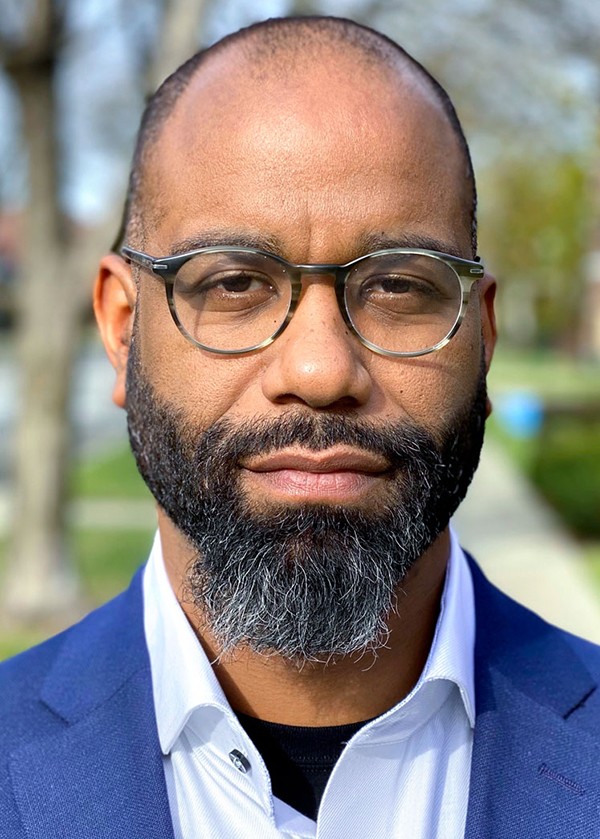Conversation to highlight ‘afterlife’ of mass incarceration
By James Dean
Release from prison doesn’t mean society considers a person’s debt paid or their crime forgiven, University of Chicago sociologist Reuben Jonathan Miller argues in a new book, “Halfway Home: Race, Punishment, and the Afterlife of Mass Incarceration.”
Miller highlights a raft of laws and policies that may make it harder for the formerly incarcerated to find housing or work, or strip them of their right to vote, among other freedoms most Americans take for granted.
“Incarceration really follows you and impacts so many aspects of your life, carrying implications for not only your future but the families and communities that you leave and return to,” said Anna Haskins, assistant professor in the Department of Sociology, in the College of Arts and Sciences (A&S). “That’s the ‘afterlife’ of mass incarceration that professor Miller brings to life.”
At 7 p.m. on April 19, the Bronfenbrenner Center for Translational Research will host Miller for an interdisciplinary conversation about his book with Haskins and two other Cornell faculty experts: Julilly Kohler-Hausmann, associate professor in the Department of History (A&S), and Jamila Michener, associate professor in the Department of Government (A&S).
“Halfway Home: A Conversation with Reuben Miller” is free and open to the public. Register here. The virtual event is co-sponsored by the Department of Government’s Politics of Race, Immigration, Class and Ethnicity (PRICE) Initiative, the Cornell Prison Education Program (CPEP) and the American Studies Program.
“We’re really trying to reach a broader community, and not just have a conversation among academics,” Haskins said.
Miller, an assistant professor at the University of Chicago’s Crown Family School of Social Work, Policy, and Practice, brings 15 years of research and his own personal experience to his book, which follows the struggles of several formerly incarcerated individuals. A Chicago native, he has worked as a chaplain at the Cook County Jail in Chicago, has a brother who is currently incarcerated and a father who was formerly incarcerated.
Miller’s book “captures the stories of the men, women and communities fighting against a system that is designed for them to fail,” the publisher writes.
Haskins said “Halfway Home” also challenges traditional academic notions that researchers must be purely objective and impartial. Objectivity about the carceral system is difficult, she noted, when nearly half of all Americans have an incarcerated family member.
“He really puts that up front,” Haskins said, “and faith and religiosity thread through the book in a way that I think is really stunning and compelling.”
Miller received his doctorate in sociology from Loyola University Chicago, a master’s from the University of Chicago and a bachelor’s from Chicago State University. He was previously an assistant professor of social work at the University of Michigan.
Among the Cornell panelists, Kohler-Hausmann is the author of “Getting Tough: Welfare and Imprisonment in 1970s America.” Michener chairs the board of the CPEP, in which she has taught, and is a co-director of the Cornell Center for Health Equity. Haskins has published research investigating the intergenerational effects of incarceration.
“We look forward to a conversation about a more humane understanding of the process of incarceration,” Haskins said, “including what it does to families and communities, and what we can do about it as individuals.”
Media Contact
Get Cornell news delivered right to your inbox.
Subscribe

